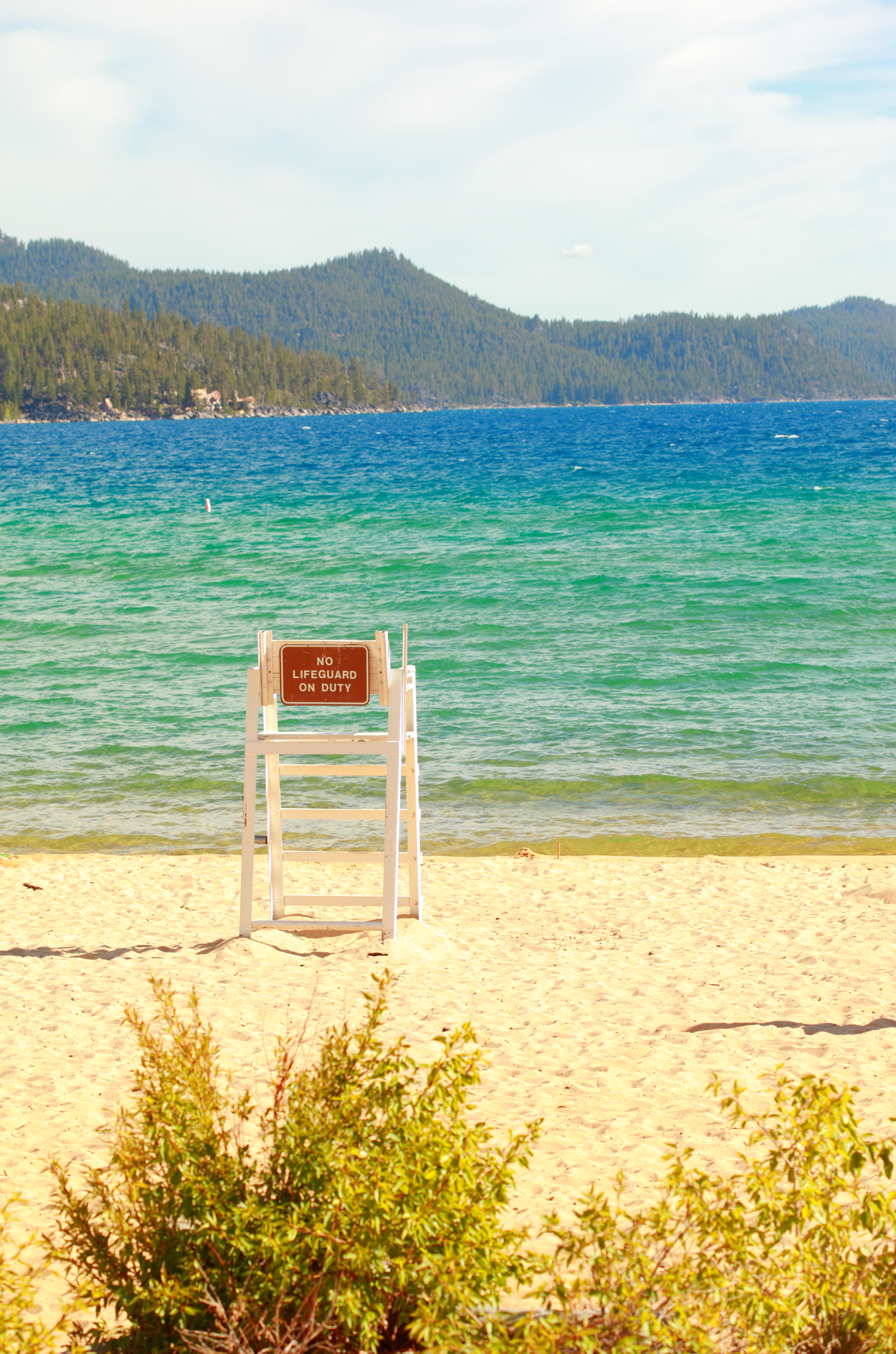When I think of summer, I imagine myself sitting next to the pool with the smell of freshly cut grass and sunscreen wafting around me as I eat my pink and blue Otter Pops. For me, these are a few of the ideal aspects of summer — notice my use of the word “ideal.”
We all have our own perfect view of what summer ought to be. Let me ask you though: Did your summer meet all of your expectations? If it did, that is awesome! Perhaps, however, you experienced the death of a loved one, incessant arguments with your family, exhaustion, depression or even a breakup with a girlfriend or boyfriend. For you, this was the worst summer you have ever known. Or maybe you fall in the middle. There are those of you who hardly did anything and are just trying to cast off your cloistered front and get back into the swing of seeing human beings again.
Do you resonate with any of these descriptions? If not, you should be aware that there are people in each of these groups surrounding you. Regardless of how badly we may detest coming back from our mountain-top experiences as a camp counselor or how relieving it is to escape the volatile situation at home, we are now here at Biola. We come together bringing different experiences — or baggage — from the summer. We come as triumphant warriors, experiencing the blessings of God in their fullness and with joy bubbling in our hearts. We also come as defeated, disappointed, disarrayed soldiers who may relate their summer experiences as the darkest winter rather than the ideal we have in mind. Wounded or thriving, we come together.
We have all been or will be asked a thousand times about how our summers went. In fact, we probably have a very mechanical, well-oiled answer that we can rattle off in record time and be on our way. Sadly, this is the norm within our society: We lie about how we are doing and get straight back to work. Oh, how sick this makes me, yet how readily I do what I despise.
If we seek to be a gospel-centered community, we need to be transparent and honest. We need to be vulnerable. I am not just talking about susceptibility in confessing sin; rather, I am looking at the bigger picture. We need to be open about our baggage. What inhibits us from this? In a very interesting Technology, Entertainment, Design talk, known as a TED talk, Brené Brown says that shame and fear are our biggest obstacles. This is so true. We are afraid and ashamed of what people may think if they find out we have deficiencies, a dysfunctional family or a broken heart. My friends, we are all fearful of giving people a peek into our shattered, confused lives. Living in Christian community should not require the hiding of our blemishes.
Now that we have returned to Biola, we are met with a precious opportunity. Our roommates, classmates and professors all understand the messiness that goes with living on earth this side of Christ’s return. Partake in some pillow talk with your roommate and speak up about the frustrations of the summer. If your professor brings up a subject pertinent to the root of your exhaustion this summer, talk with them — we are blessed with professors who truly care about us. Being vulnerable and talking about our summers in their totality can be terrifying, but by sharing with someone else you can experience freedom and a deep sense of gospel camaraderie. Praise God!
All of the grimy, sticky sordid details about our summers — yes, even those of which we are embarrassed and ashamed — should not be swept under the rug. Do not carry them alone. Share them.







